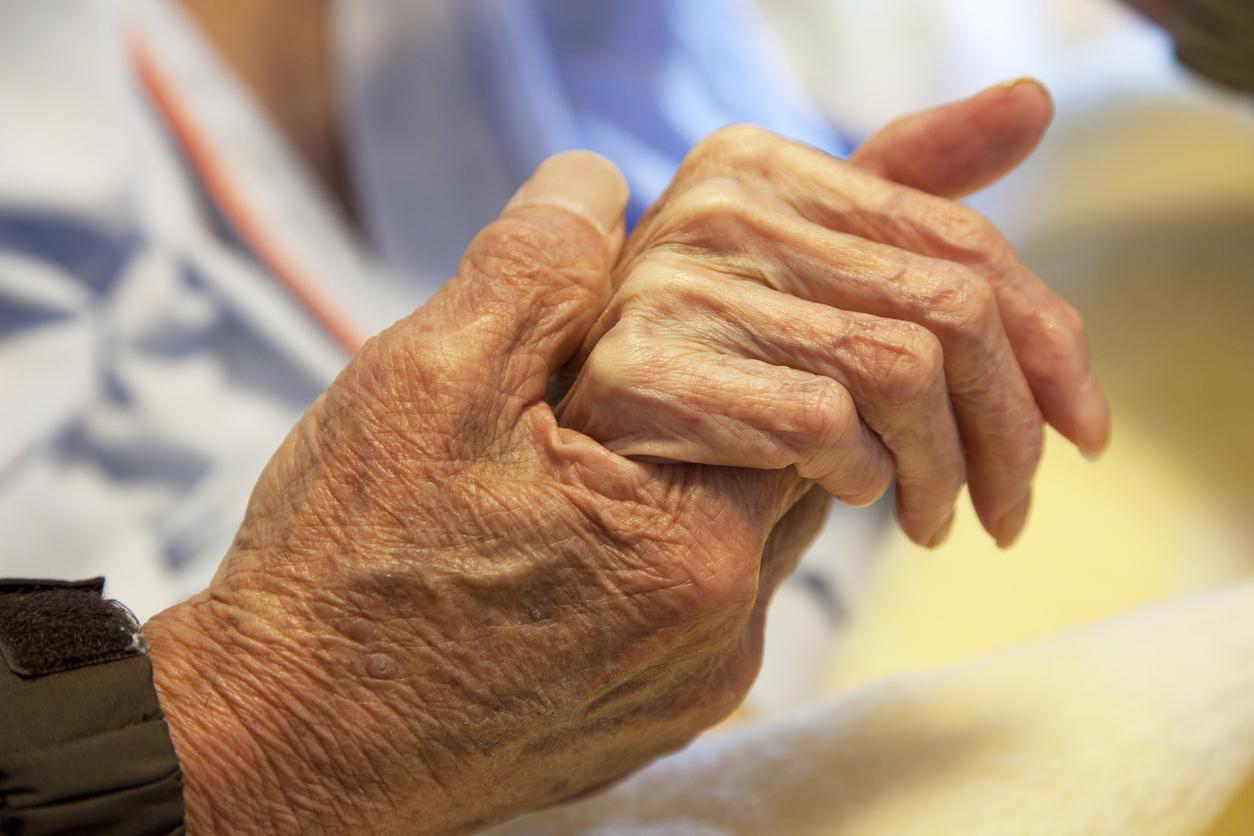According to the National Agency for Working Conditions (Anact), we are talking about “presenteeism“when an employee is present at work while his state of health (physical or mental) does not allow him to be productive – for example: in the event of illness. It is therefore the opposite of absenteeism.
Exactly: according to a study by the Ministry of Labor published this Wednesday, August 5 (but made between October 2015 and June 2016), “more than a daysick leave out of four (27%) resulted in presenteeism“. Over the period studied, “employees report an average of eleven days of sickness resulting in eight days of absence from work“.
Presenteeism is above all a French attitude. Because, according to previous studies, 62% of employees in France had (at least) one day of presenteeism in the event of illness in 2015, compared to 42% of employees in the whole of the European Union…
Presenteeism at work is bad for your health
Why do we go to work when we are sick? According to the Ministry of Labor, several factors can explain this presentee attitude: “employees who report poor relations with their hierarchy, intense work or a feeling of economic insecurity tend to spend a greater proportion of their sick days at work“.
Moreover, unsurprisingly, “when faced with a high demand for work […] or when he lacks the means to do his job properly […], the employee could be discouraged from being absent by the prospect of an even greater quantity of work when he returns from illness or by the pressure of colleagues on whom the tasks not carried out would fall“.
Issue : presenteeism is bad for your health. Back pain, chronic pain, headaches, exhaustion… until burnout. And if we lifted the foot (a little), at least when we are sick?
Read also :
In Oregon, students can take “mental health days”
The duration of work stoppages on the rise
Burn-out: we don’t let ourselves be overwhelmed!

















